Use this mixing colours poster to explain how primary colours can be mixed together to create secondary colours.
Explore How to Mix Colours
Colour is one of the seven elements of art. There are many aspects to colour, such as hue, value and intensity. Colour is often used to represent emotions in artwork, making it a very important form of artistic communication.
This visually engaging poster demonstrates the fundamentals of colour mixing, showcasing how primary colours can blend together to create secondary colours. The visual representation on the poster makes it easy for students to understand and remember these key concepts of
The poster depicts the following colour-mixing combinations:
- Red + blue = purple
- Blue + yellow = green
- Yellow + red = prange
How to Use This Mixing Colours Poster in Your Art Lessons
While this mixing colours poster makes a great addition to your classroom bulletin board, there are other ways you might like to use this versatile resource in your art lessons. Here is one suggestion you might like to try:
- Introduction to Color Theory – Start your lesson by gathering students around the poster. Use the poster to explain the basic concepts of primary and secondary colours.
- Hands-On Mixing Activity – Provide students with primary colour paints (red, blue and yellow) and mixing palettes. Refer to the poster as students experiment with mixing different colours to create secondary hues.
- Creative Projects – Assign a creative project where students use their newfound knowledge of colour mixing. They can create a piece of art that showcases their ability to mix and use a wide range of colours
- Discussion and Reflection – Conclude the lesson with a group discussion about what students learned from the activity. Ask them to share their experiences, challenges, and successes with mixing colours.
Download and Print This Mixing Colours Poster
Use the Download button to access the full-colour PDF.
Print and display on your classroom bulletin board. You may wish to enlarge the poster for enhanced readability.
More Colour Theory Resources for Your Classroom
If you’re looking for more colour theory resources to complement your visual arts lessons, you’ve come to the right place! Click below to explore more great teacher-created activities:
[resource:2716326] [resource:4263958] [resource:2694386]
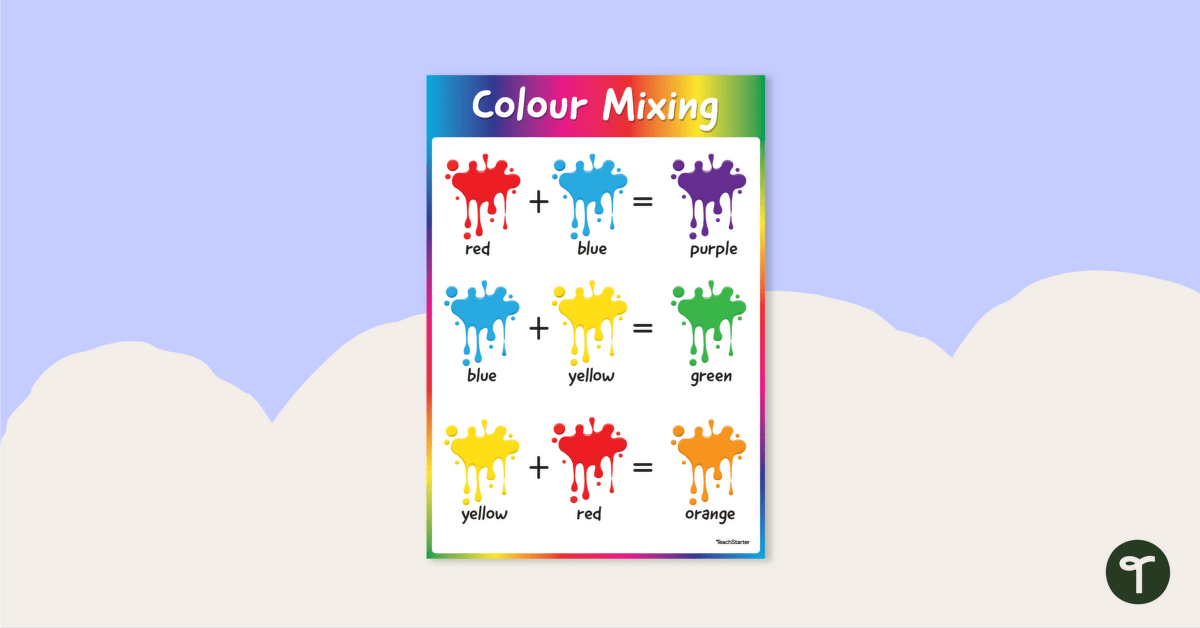

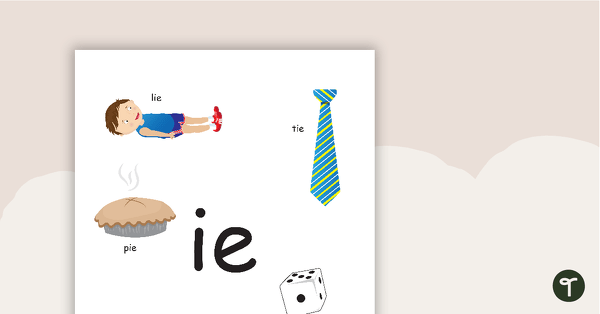
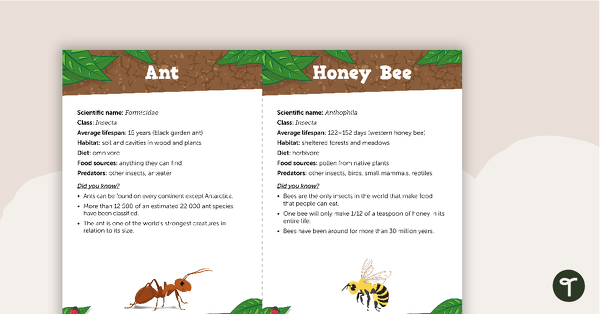
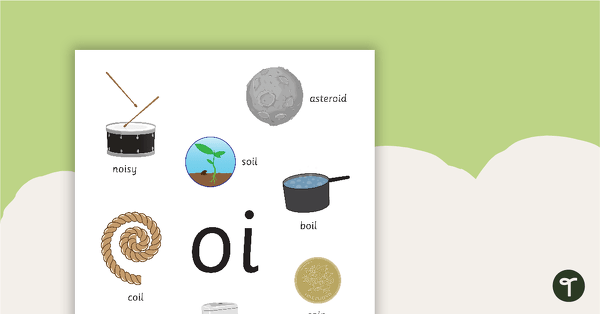
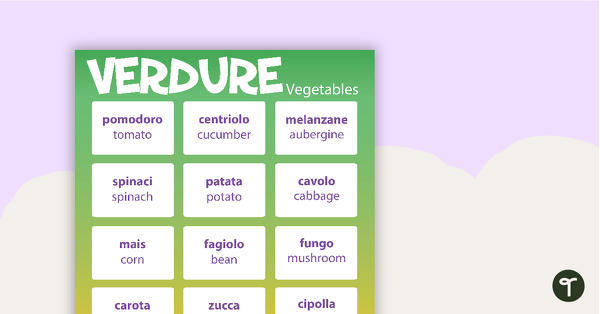
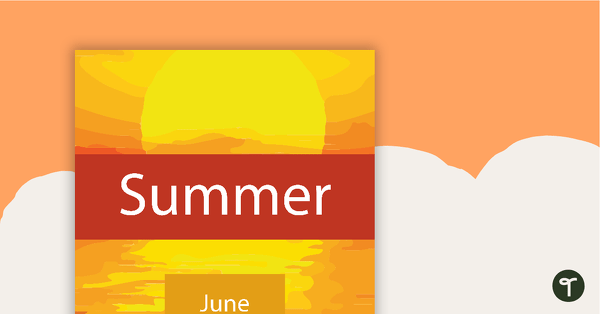
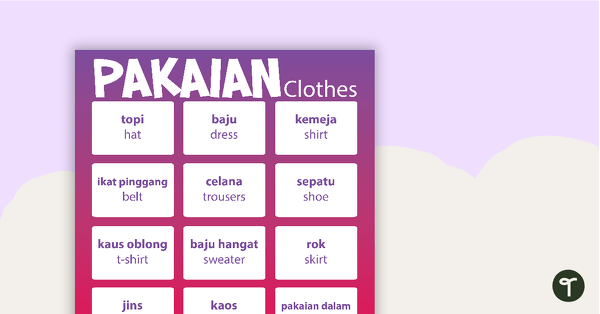
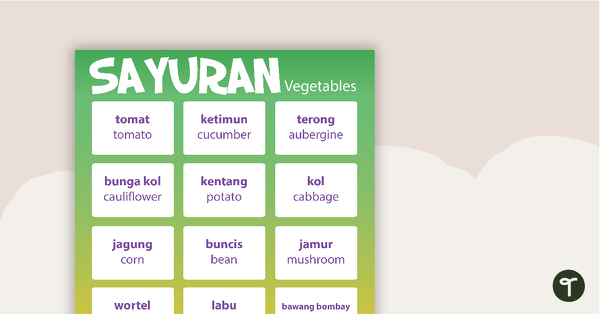
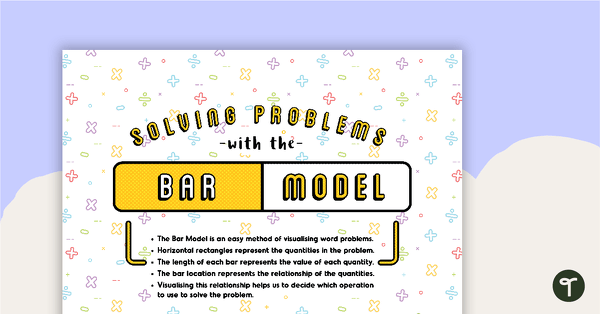
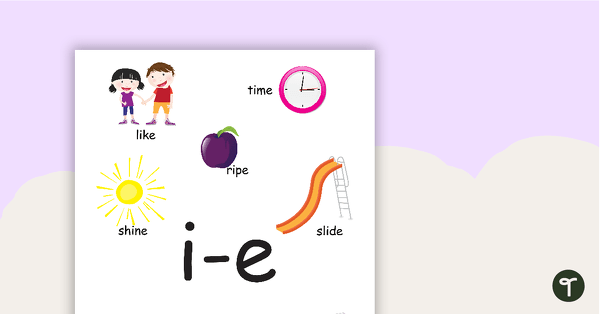
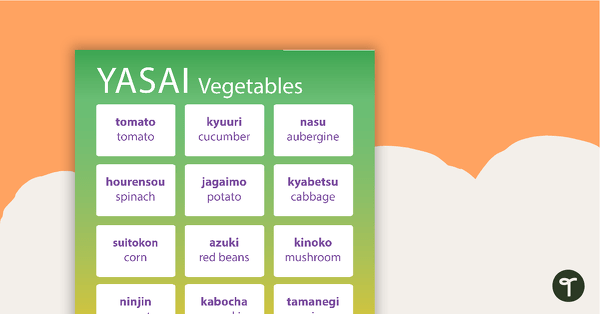
0 Comments
Write a review to help other teachers and parents like yourself. If you'd like to request a change to this resource, or report an error, select the corresponding tab above.